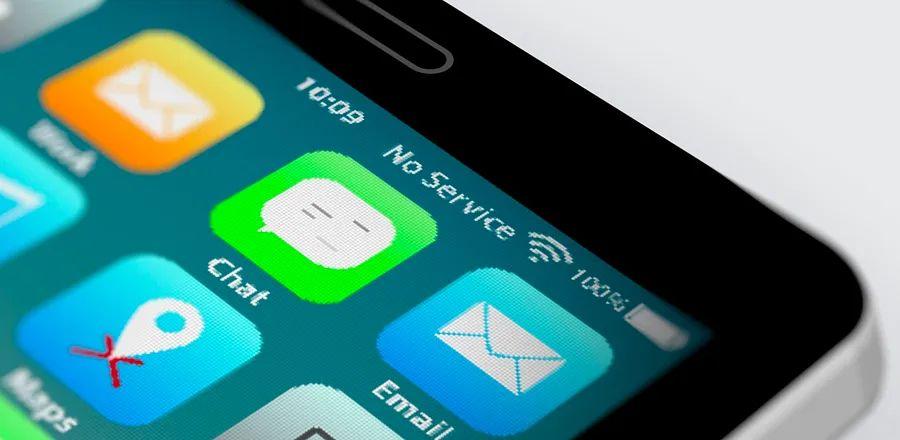How to Determine if Your Loved Ones Are Safe During an Emergency

Feeling unable to reach friends or family in areas affected by a natural disaster, accident, or terrorist attack can be incredibly stressful. The relief that washes over you when you finally make contact is immense. Your ability to connect with them often depends on their location and the circumstances; reaching someone during severe weather, when power and communication systems might be down, can be much harder than checking in on someone after a terrorist incident.
Here are some strategies for getting in touch with your loved ones during a crisis, along with steps to simplify the process.
Start with Your Phone and Social Media
Messaging or calling should be your initial move when trying to ensure that friends or family are safe amidst an attack, severe weather, or other distressing situations. If they can’t take your call due to poor reception, make sure to follow up with a message.
Facebook’s “Safety Check” feature, part of its Crisis Response initiative, provides a simple way for users to indicate they are “safe” during natural or man-made disasters. For this feature to be effective, both you (or the person you’re checking on) and the individual you’re worried about must have access to Facebook.
Having an international phone plan is advisable.
Kate Doty, managing director of Geographic Expeditions in San Francisco, recommends that clients ensure they have some form of international phone plan before traveling. This allows for making and receiving calls, and you can also add a data package to stay connected via WhatsApp, email, or social media platforms.
However, what happens if you can’t access the internet or phone service due to overwhelmed towers, downed power lines, or blocked social media platforms or apps?
Select an emergency contact.
Doty emphasizes that her clients should provide emergency contacts before embarking on their travels—individuals who the agency can reach out to as soon as Geographic Expeditions tracks down the travelers. She also suggests ensuring these contacts have the agency's number, which is accessible at any hour.
“This highlights the importance of working with a travel expert,” Doty remarked, explaining that in any crisis, Geographic Expeditions can quickly connect with its ground team to locate clients. This allows the agency to relay information to friends and family effectively.
Jennifer Wilson-Buttigieg, co-owner and co-president of New York-based Valerie Wilson Travel, advises having a designated person at home who can communicate with other family members to confirm their well-being. She emphasizes the necessity of planning in advance and understanding how to implement it, as emotions can cloud judgment in stressful situations. Ensure your emergency contact is reliable and remains calm under pressure.
Enroll with the U.S. State Department
This advice is specifically for international travel; however, Doty, Wilson-Buttigieg, and Eric Maryanov, president of All-Travel, recommend that travelers register with the U.S. State Department’s Smart Traveler Enrollment Program (STEP). By signing up, travelers provide their contact details while overseas, which assists the U.S. embassy in locating and communicating with them during emergencies. After registration, travelers will receive safety and security notifications from the U.S. embassy in their registered countries.
The U.S. State Department has a dedicated page offering advice on how to find loved ones during a crisis abroad. This includes contacting the hotel, school, or organization where they are residing or working; calling local law enforcement; and reaching out to international relief agencies.
Provide your itinerary to someone
This suggestion works best for friends or family who are organized or have experience with travel agents. If feasible, ask them to send you their itinerary before departure. This way, that person or group will have multiple contacts readily available to assist in locating friends and relatives, including travel agencies and hotels.
Most importantly, stay calm
While it's easier said than done, maintaining composure is crucial. Take a moment to breathe deeply before acting. Doty points out that while communication gaps can be concerning, having multiple methods for gathering information prior to traveling will simplify reaching out to friends and family during emergencies.
This article was initially published in 2019 and was most recently revised on October 1, 2024, to include the latest information. Reporting for this story was contributed by Sophie Friedman.

1

2

3

4

5
Evaluation :
5/5